Table of Contents
Introduction
Version Control Software or VCS is also known as SCM (Source Code Management) tools or RCS (Resource Code System) (Revision Control System).
Version control is a method of keeping track of code changes so that if something goes wrong, we can compare different code versions and go back to whatever prior version we desire.
This is a must when numerous developers are constantly working on/changing the code.
In this article, we’ll look over the latest version control/revision management tools on the market.
Top 15 Version Control Tools in 2022
In this article, we have outlined the 15 best Version Control Tools in 2022:
Git

Git is one of the most popular version control systems on the market today.
- It supports non-linear development in a big way.
- HTTP, FTP, and ssh are all compatible with existing systems and protocols.
- Capable of managing projects ranging in size from small to large.
CVS
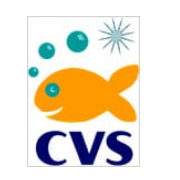
Another popular revision control system is this one.
For a long time, CVS has been the go-to resource.
- Several developers may be working on the same project at the same time.
- The CVS client will maintain the working copy of the file up to date and will only need manual intervention if there is an edit conflict.
SVN
![]()
Apache Subversion, abbreviated as SVN, aspires to be the ideal successor to the widely used CVS program we just reviewed.
- It has the advantage of good GUI tools such as TortoiseSVN.
- Empty folders are supported.
- When compared to Git, it has superior Windows support.
- It’s simple to set up and manage.
Mercurial

Mercurial is a python-based distributed revision control system designed for software developers.
Unix-like, Windows, and macOS are the operating systems it supports.
- Powerful and quick
- It is simple to learn
- It’s small and portable.
- Simple in concept
Monotone
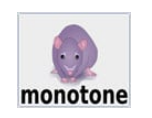
Monotone is a distributed revision control tool built in C++.
Unix, BSD, Mac OS X, Linux, and Windows are among the operating systems it supports.
- It only necessitates minimal upkeep.
- Documentation is excellent.
- It is simple to learn
- Design that is easily transportable
Bazaar
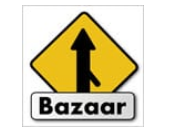
Bazaar is a distributed client-server repository version control tool.
It is written in Python 2, Pyrex, and C and supports multiple operating systems.
- Bazaar provides excellent support for directory tracking (this feature is not there in tools like Git, Mercurial)
- It has a user-friendly plugin system.
- Storage efficiency and speed are both high.
TFS
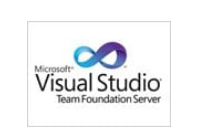
TFS stands for Team Foundation Server, and it is a Microsoft version control system.
It has a proprietary licence and is built on a client-server, distributed repository concept.
Visual Studio Team Services provides Windows cross-platform OS support (VSTS).
- Administration is simple.
- Interfaces that are familiar and tightly integrated with other Microsoft products.
- Allows for continuous integration, collaborative builds, and integration unit testing.
VSTS
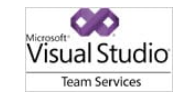
Microsoft’s VSTS (Visual Studio Team Services) is a distributed, client-server repository-based version control technology.
It supports cross-platform and uses the Merge or Lock concurrency strategy.
- All the functionality of TFS is available in the cloud version of VSTS.
- Almost any programming language is supported.
- User Interface That Is Intuitive
Perforce Helix Core

Perforce Software Inc. developed Helix Core, a client-server and distributed revision control application.
It is compatible with Unix-like, Windows, and Mac OS X platforms.
This tool is primarily intended for use in large-scale development environments.
- Git is easily accessible.
- Lightning-quick
- Massive scalability
IBM Rational ClearCase
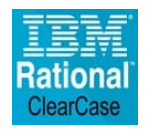
ClearCase by IBM Rational is a software configuration management solution with a client-server repository model.
- Visual Studio is integrated with a simple UI.
- It takes care of simultaneous development.
Revision Control System

Thien-Thi Nguyen’s Revision Control System (RCS) is based on the local repository paradigm and supports Unix-like platforms.
RCS, which was initially launched in 1982, is an old tool. It’s a beta version of VCS (Version Control System).
- Architecture that is simple
- Simple to work with
- It uses a local repository approach, which means that revisions are saved without relying on a central repository.
Visual SourceSafe (VSS)

Microsoft’s VSS is a revision control tool based on the shared folder repository model.
- It is only compatible with the Windows operating system.
- It’s for modest software development projects only.
- The interface is simple to use.
- Backup is a simple procedure.
CA Harvest Software Change Manager
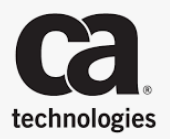
CA Technologies provides this revision control tool.
Microsoft Windows, Z-Linux, Linux, AIX, Solaris, and Mac OS X are among the platforms it supports.
It’s quite useful for tracking the application’s progress from development to production settings.
- This tool’s most valuable feature is the lifecycle feature.
- Deployment that is both safe and effective.
- It’s both stable and scalable.
PVCS
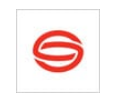
PVCS (Polytron Version Management System) is a client-server repository model-based version control solution developed by Serena Software. It runs on Windows and Unix-like operating systems.
- It allows you to keep track of the versions of your source code files.
- It’s mostly aimed towards small development teams.
- Simple to understand and apply
- Organizes and manages file versions across platforms.
- The Microsoft Visual Studio.NET and Eclipse IDEs are easily integrated.
darcs

The Darcs team’s darcs (Darcs Advanced Revision Control System) is a distributed version control solution that uses a merge concurrency model.
- This Haskell-based tool runs on Unix, Linux, BSD, ApplemacOS, and Microsoft Windows.
- When compared to other programs like git and SVN, it has fewer and more interactive commands.
- It provides a direct mailing system.
Conclusion
In this article, we have highlighted the best Version Control tools for your help.
However, if you have any other suggestions regarding this or have queries let us know in the comment area below.


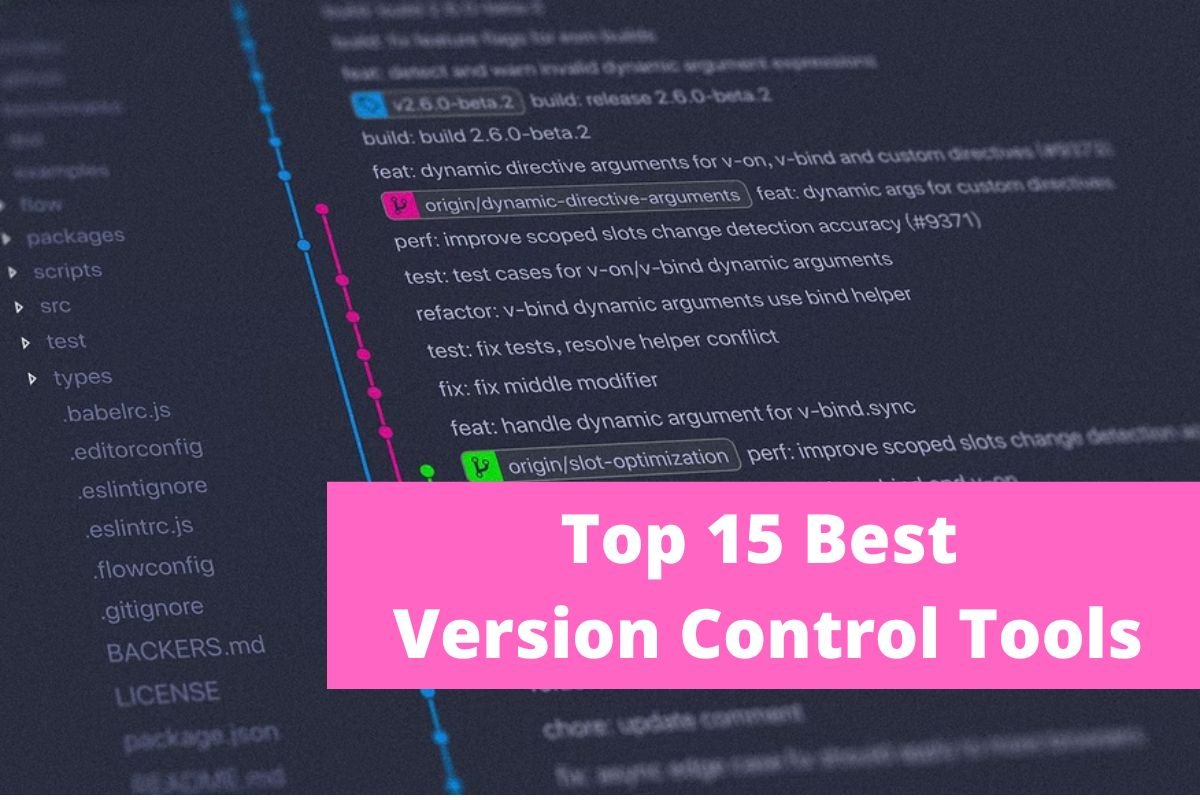


0 Comments